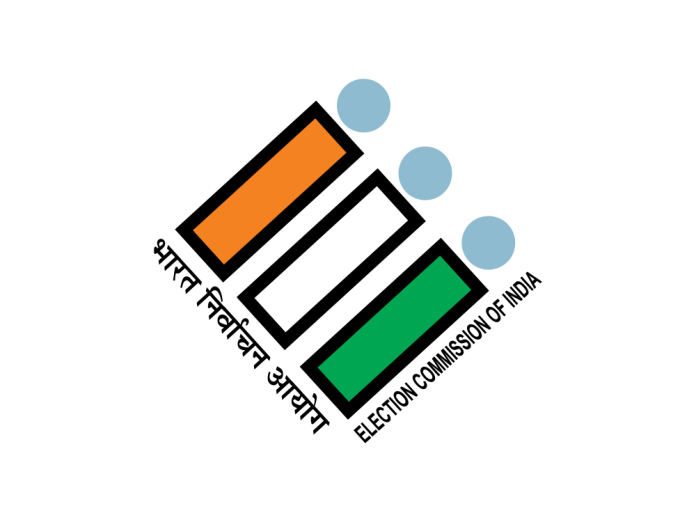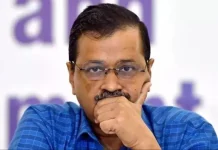The Election Commission of India (ECI) has always played a crucial role in safeguarding the integrity of the electoral process. As the world’s largest democracy, India’s elections require constant adaptation and innovation to ensure free and fair voting. In a major step forward, the ECI has invited political parties to propose suggestions on unresolved electoral issues. This move highlights the Commission’s commitment to improving the electoral system while maintaining transparency and inclusivity.
In This Article:
The Call for Political Party Involvement
The Election Commission has set April 30, 2025, as the deadline for political parties to submit their recommendations. This initiative allows parties to voice concerns, propose reforms, and participate in discussions that shape India’s democratic future. Additionally, an action taken report is due by March 31, 2025, ensuring that suggested changes are evaluated and implemented within a structured timeline.
By inviting political parties into the conversation, the ECI fosters a collaborative approach to resolving electoral challenges. This engagement not only strengthens democracy but also ensures that political organizations are directly involved in shaping the policies that govern elections.
Addressing Unresolved Electoral Issues
Despite significant advancements in India’s electoral system, several challenges remain unresolved. The current dialogue initiated by the ECI is expected to address critical issues such as:
1. Electoral Funding Transparency
Political funding remains a contentious issue, with concerns over untraceable donations and corporate influence. Many experts advocate for stricter disclosure norms to curb the misuse of funds and enhance transparency in campaign financing.
2. Use of Technology in Elections
The rise of Electronic Voting Machines (EVMs) and Voter Verified Paper Audit Trails (VVPATs) has significantly improved efficiency, but concerns about hacking and manipulation persist. The discussion may lead to further technological enhancements to ensure greater voter confidence.
3. Criminalization of Politics
A growing number of candidates with criminal backgrounds contesting elections is a major concern. The ECI has been pushing for stricter laws to prevent such individuals from entering the political arena, reinforcing the need for background checks and legal scrutiny.
4. Voter Turnout and Participation
Despite India’s large electorate, voter turnout remains inconsistent across regions. Political parties and the ECI must work together to introduce innovative measures, such as digital voter outreach and remote voting solutions, to increase participation.
5. One Nation, One Election Debate
The concept of simultaneous elections for Lok Sabha and state assemblies is gaining traction. This reform aims to reduce election-related expenditures and ensure continuous governance without frequent electoral disruptions.
Specialized Training for Political Representatives
In addition to inviting suggestions, the ECI has taken another progressive step by introducing specialized election training programs. Major political parties such as the Biju Janata Dal (BJD), Bharatiya Janata Party (BJP), and All India Trinamool Congress (AITC) have agreed to nominate representatives for these training sessions.
This initiative aims to educate political representatives on electoral laws, ethical campaigning, and technological advancements in voting procedures. By fostering a well-informed political class, the ECI hopes to enhance the overall efficiency and integrity of elections in India.
Strengthening India’s Electoral Framework
The Election Commission’s latest initiative aligns with its broader vision of creating an electoral system that is transparent, inclusive, and technologically advanced. By actively involving political parties and emphasizing legal frameworks, the ECI ensures that any reform aligns with constitutional principles.
Moreover, the push for accountability and structured electoral reforms will help build public trust in the system. Strengthening voter education, improving accessibility for differently-abled voters, and adopting digital solutions for election management are other areas that might see significant developments.
The Election Commission of India has once again demonstrated its proactive stance by seeking input from political parties and launching training initiatives. With an April 30, 2025, deadline for submissions and a structured approach towards action, the ECI aims to address long-standing electoral challenges.
As political parties participate in this dialogue, the hope is to witness a transformation in the electoral landscape—one that prioritizes fairness, transparency, and inclusivity. Strengthening India’s democratic fabric requires continuous evolution, and the ECI’s latest move is a step in the right direction.
By – Jyothi




